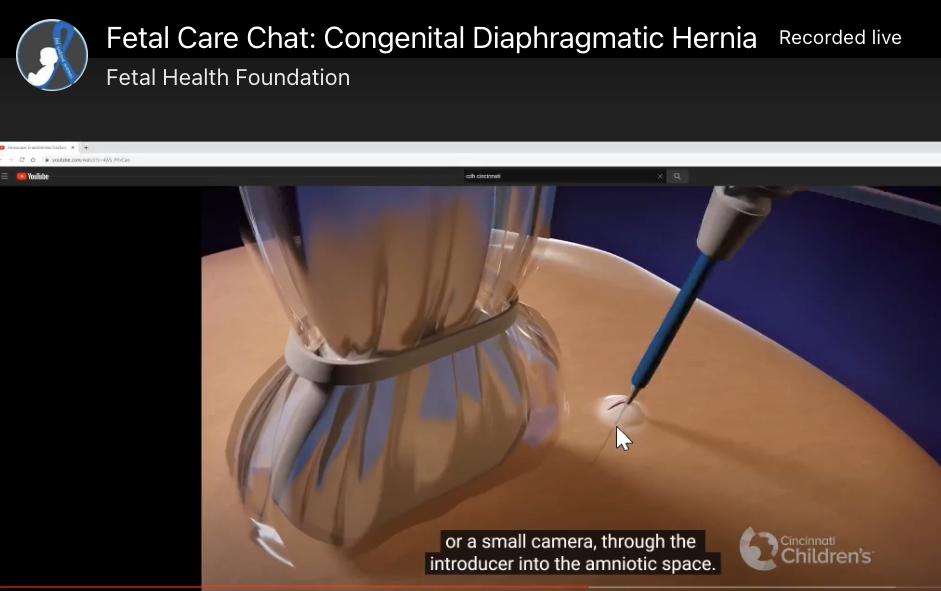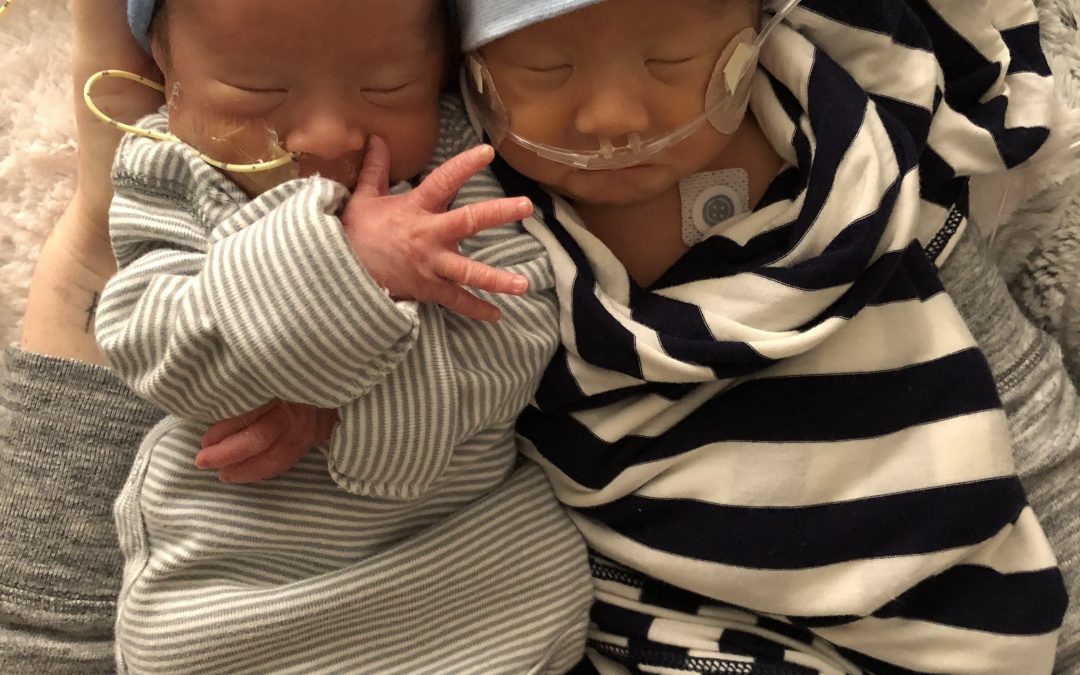
Congenital Diaphragmatic Hernia (CDH): Fetal Care Chat
Video: Congenital diaphragmatic hernia, or CDH, and treatment options were the topics of conversation for experts from Cincinnati Children’s Hospital

Video: Congenital diaphragmatic hernia, or CDH, and treatment options were the topics of conversation for experts from Cincinnati Children’s Hospital

“He has so much joy. He’s always smiling, even if it’s a hard day,” says Mandy, Kaleb’s mom. “It’s weird to think of what he has been through at such a young age, but he’s full of life despite all of it.”

When Beth Kanemoto was pregnant with identical twins Kai and Klay, it felt like every two weeks she received more bad news. First, they learned the pregnancy was high risk. Initially, doctors thought the twins might be conjoined, but they soon learned that instead, Klay and Kai were considered mono-mono twins, meaning that they shared just one amniotic sac with no barrier between them.

When parents learn that their baby has a birth defect, they experience emotions like confusion, blame, sadness and worry.
As a fetal-pediatric surgeon in the Cincinnati Children’s Fetal Care Center, I encounter families who have just learned that they’re expecting a baby with a birth defect and we’re their next stop….

After a diagnosis of maternal fetal alloimmunization and losing baby Lucy to hemolytic disease of the fetus and newborn (HDFN), Bethany took action. She made it her mission to ensure that other mothers diagnosed with maternal alloimmunization had education about the risks of the disease and knew the steps for proper medical care and treatment so that their babies could survive HDFN.

Exercising and staying active while pregnant is one of the best things you can do for you and your baby during your pregnancy. If you have a normal, healthy pregnancy and have been cleared by your health care professional, it is recommended that pregnant women get 30 minutes of exercise at least 5 times a week.